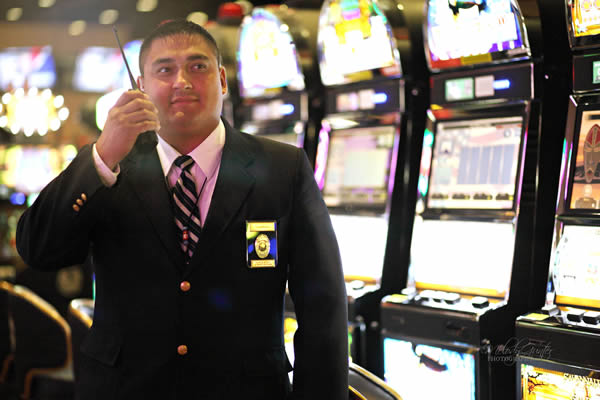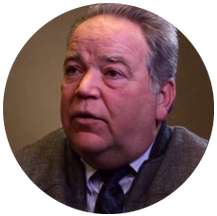The tough truth of addiction is that, even when someone seeks treatment and recovery, their lives don’t necessarily immediately become happy ever after.
In fact, many people relapse repeatedly before they achieve sobriety for extended periods of time. These episodes can be extremely painful, discouraging and draining. Some just give up — given that suicide rates are highest among people struggling with gambling addiction as compared to other disorders.
For Ohioans with gambling addiction disorders, relapses can yield additional consequences. They can be charged with a crime even when their behavior is not illegal.
Ironically, the road to the courtroom often starts with great intentions. Those who recognize their addiction to gambling may enroll in Ohio’s Voluntary Exclusion Program or VEP. This process means they voluntarily ban themselves from casinos, racetracks or “racino” properties for one year, five years or a lifetime. VEP often represents part of the critical first step of acknowledging the disease and taking responsibility to recover.
Once someone asks for voluntary exclusion, his name and photograph are distributed to all appropriate gambling facilities. The casino operators must cease sending marketing materials to the gambler and deactivate the person’s “player’s card,” if they have one. Now, the gambler is barred from any of these venues, even If their friends or families invite them to go for a party, food or the shows.
If he goes, no matter the reason, it’s a crime.
If he suffers a relapse – or more likely WHEN he suffers a relapse – he can be hit with a misdemeanor charge of criminal trespassing. People who are not fighting addiction may view that penalty as a slap on the wrist. But for the addict, it can become another roadblock, another failure on a long list.
It usually unfolds like this: Someone “bottoms out” because of gambling, seeks help such as individual counseling or support group therapy and signs up for VEP for a year. After a few months of sobriety, he feels like he’s back in control. Buoyed by false confidence, he returns to a casino.
He now experiences one of several typical outcomes. In the first, he doesn’t get caught, but he does lose track of time. When he walks out 12 hours later, the guilt is overwhelming. It starts with “What did I do?” and then spirals down into an endless recitation of financial problems, broken relationships and lost jobs. The weight is too much to bear. He may consider ending it.
Or, in the second likely experience, he gets caught. He receives a ticket and a date to appear before a judge.
Sometimes, the judge offers a second chance. The sentence imposed may call for a diversion programs and allow for the ability to expunge the conviction if the addict enters or re-enters treatment, completes some type of community service, and stays sober for a year. Sometimes, though, the judge concludes that the addict knew his actions were wrong, especially if he has appeared before the judge one or more times previously. The sanctions handed down in this case could lead to job loss, greater financial burdens, shame, or straining already fragile relationships the addict has worked hard to rebuild. Imagine how this adds to the addicted persons’ overwhelming sense of failure, guilt and hopelessness.
I do support Ohio’s Voluntary Exclusion Program. Ohio for Responsible Gaming – a partnership between the Ohio Lottery Commission, the Ohio Casino Control Commission, the Ohio State Racing Commission and the Ohio Department of Mental Health and Addiction Services – launched the initiative shortly after Ohio’s first casino opened in 2012. It has helped many of my clients — but only when it’s been part of an ongoing treatment program and participation is truly voluntary.
Our state regulators understand these issues. The Ohio Casino Control Commission’s manager of problem gambling services, Amanda Blackford, says that about 2,600 Ohioans are actively enrolled in the VEP. She notes that one way they try to fairly mange the process is to require gamblers who want to enroll to come to the Commission, complete an application and participate in an interview to make sure it is truly a voluntary commitment. Some come in and want to sign up, thinking they have enough self-control and don’t need anything further. Amanda uses the VEP process to encourage additional treatment and thoughtful action.
As a clinician treating people with gambling problems, I make sure my clients know about the program, but I am very vigilant about ensuring they remain in treatment too.
The last thing a gambling addict needs is to be set up to fail.

